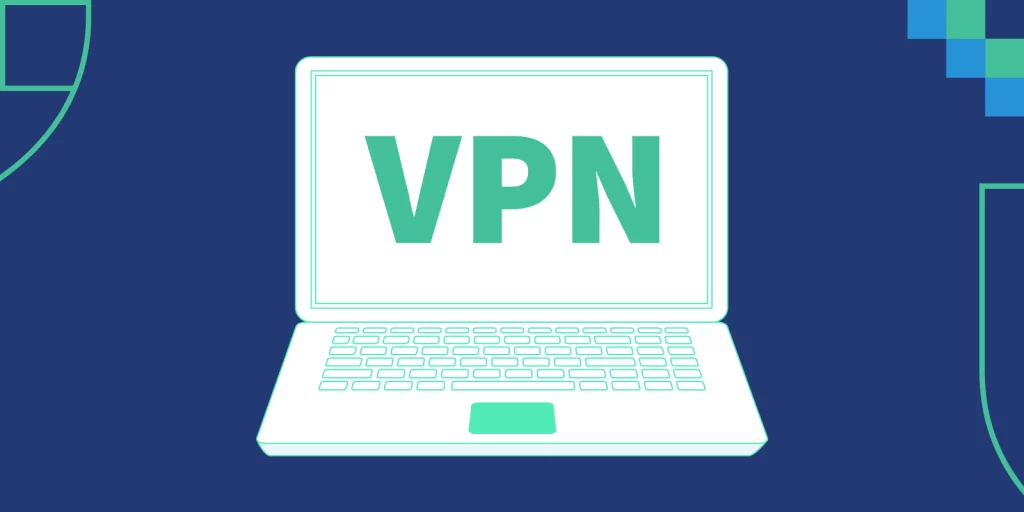VPNs are now highly regarded and commonly utilized technologies all around the world. Initially, the virtual private network (VPN) was established to allow users to securely connect to corporate networks via the Internet or to access a business network from home. VPNs, on the other hand, are today utilized for much more than that.
VPNs are increasingly being used to secure one’s online privacy and keep information safe from ISPs, hackers, and other third parties. VPN protects sensitive personal information from hackers and dangerous or undesirable websites while browsing and accessing personal data over public networks. When users connect to the Internet from a remote workstation or a public location, VPN safeguards their activity by encrypting their data.
Furthermore, a VPN hides the user’s present location, internal protocol address (IP address), and online behavior from hackers, who are wreaking havoc on the internet these days.
What is VPN And How Does It Work?
The internet connection of your device is routed through your VPN’s private server rather than through your ISP (internet service provider). This implies that your data is transmitted over the Internet via the VPN rather than directly from your device.
When you use a VPN to connect to the Internet, the VPN’s IP address encrypts your data and hides your true IP address. It will be sent to your ISP in encrypted form, and then to the VPN server. The VPN server then makes a connection to the internet on your behalf. As a result, the destination website does not recognize you as the source of traffic; instead, it recognizes the VPN server, which only displays encrypted data.
VPN works by creating a secret “tunnel” between your device and the Internet, and this “tunnel” encrypts your personal information.
Encryption is the process of encrypting data so that it can only be accessed by authorized users. When you encrypt a communication, you’re converting it from plain text to unreadable code.
The Advantages Of Using A VPN
The most important advantage of a VPN is that it covers the majority of users’ personal information, which, if disclosed, might jeopardize their privacy. Other advantages of utilizing a VPN are stated below:
- Protects you from snooping on untrustworthy Wi-Fi networks and gives you some online anonymity by disguising your true location.
- Keeps your surfing activity hidden from your local network and ISP;
- Hides your browsing activity from your local network and Internet service provider;
- Assists in bypassing internet censorship;
- Protects you from snooping on untrustworthy Wi-Fi networks and gives you some online anonymity by disguising your true location.
Privacy Via VPN
Although VPN is an amazing privacy technology that covers the majority of information, certain of its functions are more complicated than others.
When it comes to disguising your internet activities, several restrictions may apply. A properly set up VPN program can keep the following things hidden:
- Your browser history.
- Your IP address and location.
- Your streaming device location
- Your devices.
- Your web activities.
Please don’t hesitate to ask us questions here.




